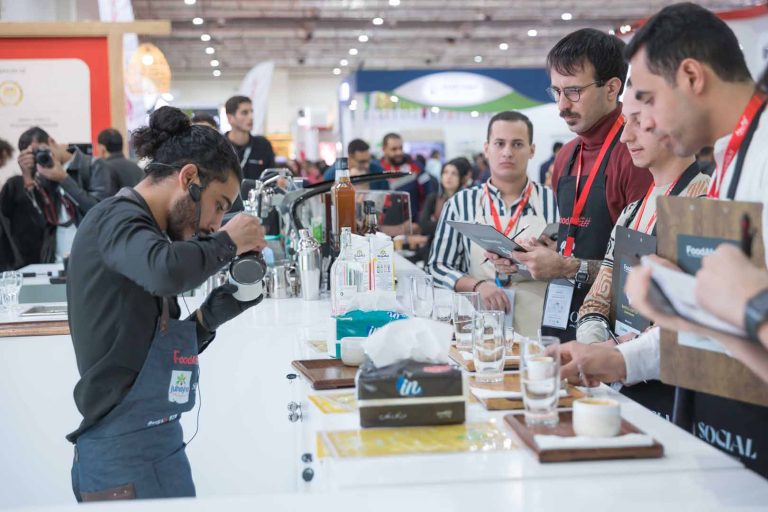São Paulo – Ten Brazilian food and beverage companies will participate in the Food Africa trade show in Cairo, Egypt, from Tuesday (3) to Thursday (5). They will be at the Halal do Brasil project booth, an initiative by the Arab-Brazilian Chamber of Commerce (ABCC) and the Brazilian Trade and Investment Promotion Agency (ApexBrasil) to promote Brazilian-made halal products.
To expand business opportunities between Brazilian sellers and potential customers in Egypt, the ABCC’s office in Cairo invited local importers to visit the booth and meet with exhibitors. The mission to Food Africa is supported by the Brazilian Ministry of Agriculture and Livestock and the Brazilian Embassy in Egypt.
Brazilian Ambassador Paulino de Carvalho Neto will be at the booth opening, during which he will highlight the 100 years of diplomatic relations between Brazil and Egypt and the free trade agreement between Egypt and Mercosur, a customs union that also includes Argentina, Bolivia, Uruguay, and Paraguay.
The confirmed participants include representatives from the following companies: Grano Real (granolas), Danês Alimentos (pet food), Coperaguas (beans), Neoking Foods (meats), DaColônia (sweets), Áurea Internacional (popcorn, beans, and grains), Stefenoni Interagrícola (agricultural commodities), Dassoler (sesame, beans, corn, and soybeans), Camap (peanuts), and Holen Trading (agricultural commodities).
Brazilian commodities are highly demanded
Fernanda Dantas, head of international business at the ABCC, says that among the companies attending the event are producers of commodities—highly demanded by the local market—as well as manufacturers of processed products with halal certification.
“Over the three days of the trade show, participants will showcase their products and seek connections with importers from Egypt and neighboring countries attending the event. We have a good product mix, including traditional export leaders as well as new, value-added, processed items with halal certification. This is very important. In a Muslim-majority country like Egypt, the certification ensures the product respects religious requirements, making it more appealing to consumers,” says Dantas.
According to data from Brazil’s Ministry of Development, Industry, Commerce, and Services (MDIC), compiled by the ABCC’s Market Intelligence department, Brazil exported USD 2.3 billion to Egypt in 2023 and imported USD 488.9 million. Key exports included sugar, corn, iron ore, and beef, while fertilizers were the main imports.
Read more:
Brazil, Egypt broaden strategic partnership
Translated by Guilherme Miranda




